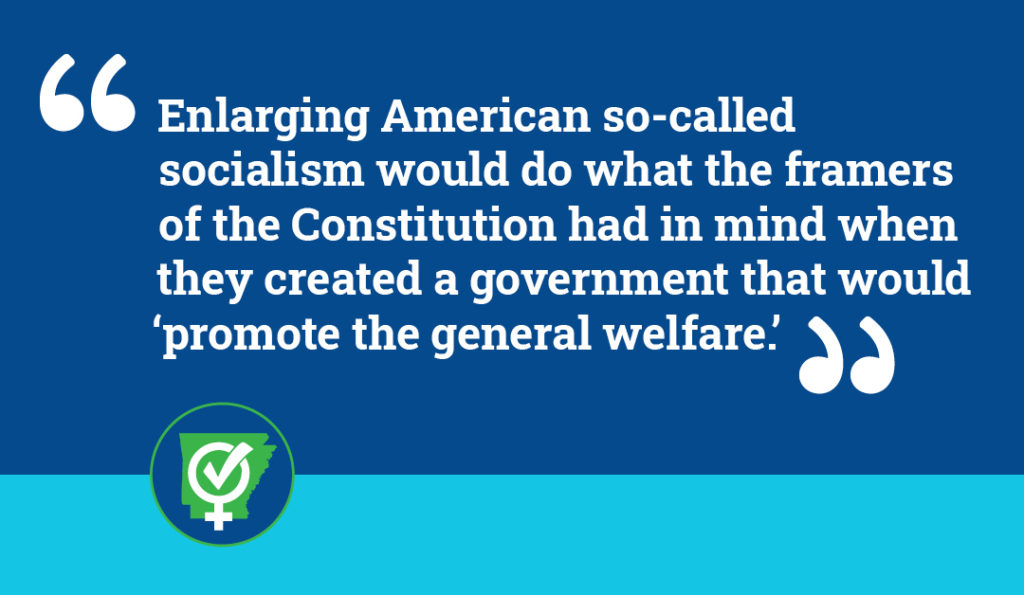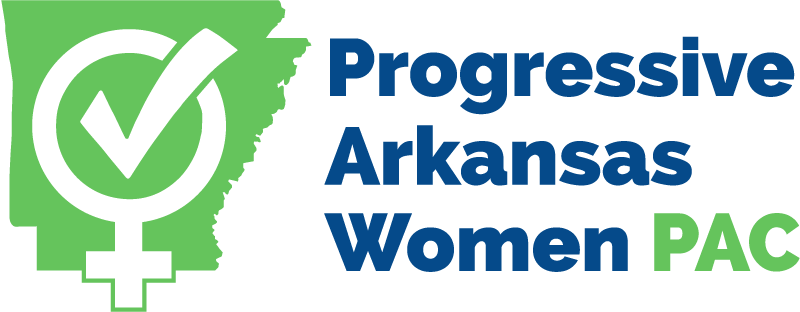
The Social Security Act of 1935 created an old-age insurance program and provided aid for the temporarily unemployed and those living in poverty. Other New Deal programs ended child labor, mandated a 40-hour week, supported the right of workers to join unions, and provided subsidy payments to protect farmers from bad weather and downturns in the market. A major expansion of social welfare took place in 1965 when the Lyndon Johnson administration created a system of socialized medicine for the elderly known as Medicare, which was enlarged in 2003 when the George W. Bush administration added a prescription drug benefit.
Federal aid to agriculture has greatly expanded since the 1930s, but commerce, manufacturing, and finance all benefit from government intervention into the free market. The oil depletion allowance not only subsidizes oil producers but gives tax breaks to other businesses that use up natural resources. The Wall Street bailout of 2008 protected the finance industry from an economic disaster that it had created while its homeowner victims were left to struggle on their own. The pharmaceutical industry operates in a government-protected market that allows it to enjoy artificially high prices. Since 2000, Republican tariffs have allowed the steel industry to prosper while using out-of-date technology, avoiding the creative destruction through competition that is fundamental to capitalism.
In the 1930s critics of the New Deal claimed it was the opening wedge of communism and would wreck the economy, destroy individual initiative, and take away the freedom that Americans cherish. Instead, FDR’s democratic socialism supported three decades of post-war prosperity that saw the poor become less poor faster than the rich got richer, a rare phenomenon that has been reversed in spectacular fashion since the Reagan Revolution of the 1980s.
Today we hear the same hysterical warnings about the dangers of universal healthcare, low-cost college education, and a higher minimum wage, all of which are common in Western Europe and Canada. Germany is a good example. It has the fourth-largest economy in the world, with a manufacturing sector staffed by workers who have high incomes, four weeks of annual vacation, guaranteed health care, the opportunity of free college education, and an apprenticeship program that retrains them to meet the challenges of a changing world.
Those that inveighed against Social Security and Medicare at the time of their passage as “communist” or “socialist” programs which would take away American’s liberties now willingly accept these benefits and fight to keep them. The same is true with benefits for farmers, industries, and Wall Street. Rare is the farmer or industry that says “no” to government subsidies.
In fact, enlarging American so-called socialism would make us healthier, give our young people the skills they need without the burden of crushing debt, and allow everyone to enjoy a reasonable lifestyle while working the 40 hours a week they were promised more than three-quarters of a century ago. We would be doing what the framers of the Constitution had in mind when they created a government that would “promote the general welfare.”
Dr. Charles Bolton is History Professor Emeritus at the University of Arkansas at Little Rock. Currently president of the Arkansas Association of College History Teachers, he is also a member of the Organization of American Historians and the Arkansas Historical Association. Dr. Bolton serves on the editorial board of the Arkansas Historical Quarterly.
